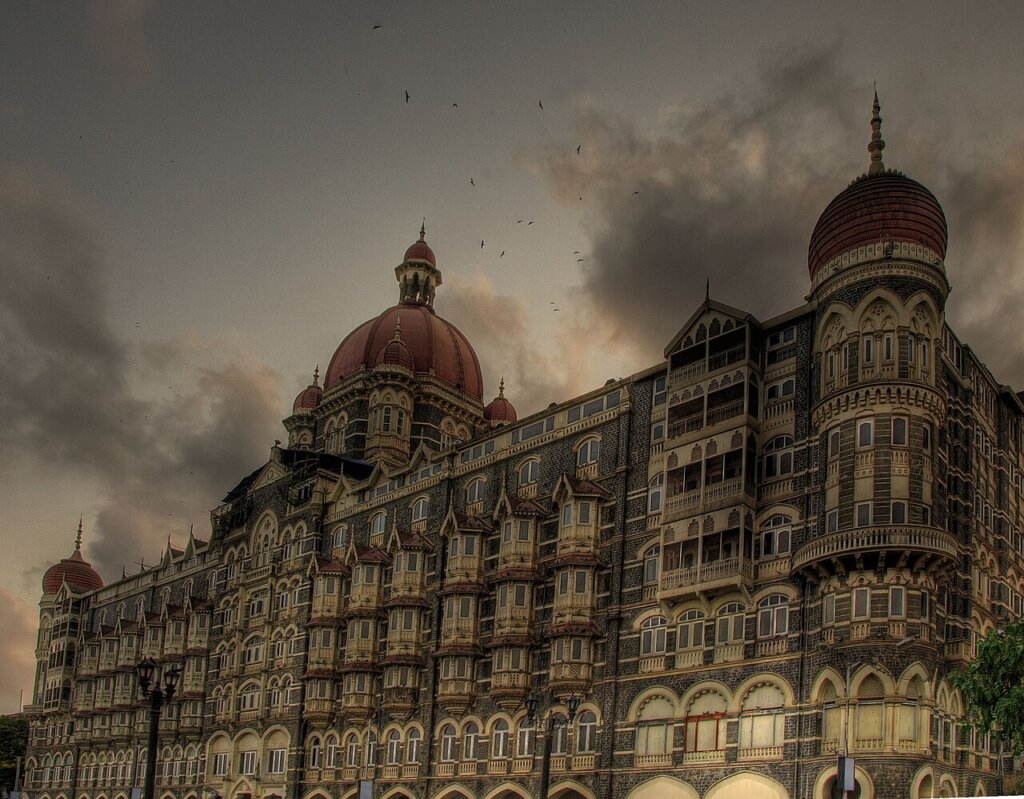
The V.P. Singh administration created the day to honor former Prime Minister Rajiv Gandhi, who was assassinated by terrorists.
New Delhi: To commemorate the anniversary of the passing of former Prime Minister Rajiv Gandhi, India observes National Anti-Terrorism Day on May 21 each year. The purpose of the day is to educate people from all walks of life about the serious dangers that violence and terrorism represent, as well as the effects that these have on people, society, and the country as a whole.
Every government office and public institution in India observes Anti-Terrorism Day by making a commitment to combat terrorism. In addition to honoring the victims of several terrorist incidents, the day is observed nationally to reaffirm the country’s commitment to fighting terrorism and advancing peace and harmony.
History of Anti-Terrorism Day : Following the killing of Rajiv Gandhi, May 21, 1991, was designated as National Anti-Terrorism Day. On May 21, 1991, a suicide bomber connected to the Liberation Tigers of Tamil Eelam (LTTE) killed him in Sriperumbudur, close to Chennai, making him India’s youngest prime minister. To honor the late prime minister and to increase awareness of the effects of terrorism, the then-government, led by Prime Minister VP Singh, chose to observe this day annually.
Why and How Anti-Terrorism Day Is Important By drawing attention to the suffering of ordinary people and demonstrating how it is detrimental to the interests of the country, the goal of this Anti-Terrorism Day celebration is to wean people—especially young people—from terrorism and the cult of violence.
The purpose of Anti-Terrorism Day is to promote harmony, humanism, peace, and unity among all citizens. The purpose of the day is to increase public awareness of the destructive and antisocial character of terrorism and to inspire solidarity against all forms of extremism and violence. The day also offers a chance to remember the sacrifices made by terrorists and their loved ones.
Numerous NGOs, social groups, and cultural institutions also host their own events on this day to draw attention to the negative impacts of terrorism and violence. Every government office, public sector project, and other public institution makes an anti-terrorism and anti-violence vow. On this occasion, schools, colleges, and universities host debates, discussions, symposia, seminars, lectures, and other events about the perils of violence and terrorism.
On Anti-Terrorism Day, Make a Promise “With deep faith in our nation’s history of non-violence and tolerance, we, the people of India, hereby firmly declare that we will do everything in our power to combat all forms of violence and terrorism. We promise to oppose the forces of disruption endangering human lives and values and to preserve and advance social harmony, peace, and understanding among all people.
India’s anti-terror stance would be taken globally by seven all-party teams. Soon, seven all-party delegations comprising over 40 Members of Parliament (MPs) will travel to 30 nations to convey India’s unwavering stance of zero tolerance for terrorism. This follows Operation Sindoor, which was initiated in response to the terror assault in Pahalgam on April 22 that killed 26 people.
Office of Counterterrorism at the United Nations : India supports any initiatives that improve regional and global collaboration in the fight against terrorism and actively participates in the United Nations Office of Counter-Terrorism (UNOCT). To help with these initiatives, it also makes donations to the Counter Terrorism Trust fund.
There is no tolerance for terrorism. Union Home Minister Amit Shah stated during the opening session of the “Anti-Terrorism Conference-2024” that Modi’s catchphrase, “Zero Tolerance against Terrorism,” has been embraced by the international community as well as by India.
Treaty on Mutual Legal Assistance : More than 40 nations have Mutual Legal Assistance Treaties (MLATs) with India. In addition to other serious crimes including drug trafficking, money laundering, counterfeit currency, and the smuggling of explosives and weapons, it is essential in the fight against transnational organized crime and trans-border terrorism.
Conference on No Money for Terror (NMFT) : At the 4th No Money for Terror (NMFT) Conference in Munich, India emphasized the importance of international cooperation in the fight against terrorism. “India raised concerns that Terror financing increasingly has cross border linkages in terms of flow of funds and due to the development of new digital technologies; the sources, methods and channels used for flow of assets by terrorists are becoming increasingly more complex, and pose a significant challenge to global security,” according to an official statement issued by the Ministry of Home Affairs of India.
The Counterterrorism Strategy of the BRICS To strengthen national security, the BRICS nations—Brazil, Russia, India, China, and South Africa—have developed a counterterrorism strategy. The BRICS counter-terrorism cooperation aims to strengthen and broaden the nations’ current bilateral and multilateral ties while also making a significant contribution to international efforts to prevent and combat the menace of terrorism.
